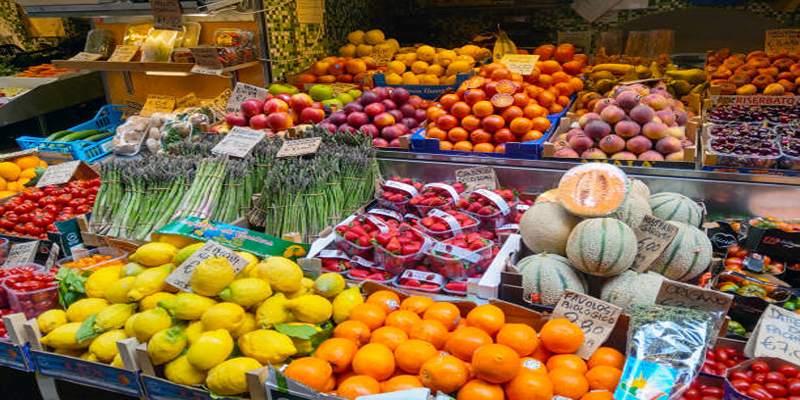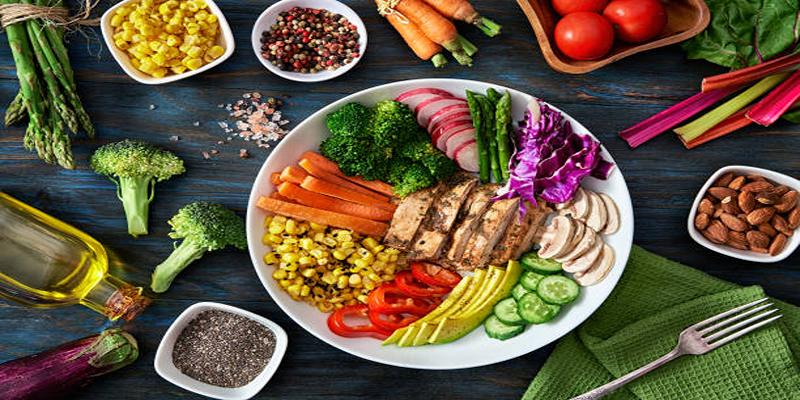Managing diabetes involves making smart food and drink choices to keep blood sugar levels steady. Some foods and beverages can cause blood sugar spikes, making it harder to stay healthy. Avoiding these items helps control diabetes and prevents complications like heart disease or nerve damage. This guide highlights common foods and drinks that people with diabetes should limit or skip altogether. By knowing what to avoid, it becomes easier to plan meals and make healthier decisions that support overall well-being.
Foods and Beverages to Avoid
By avoiding the following categories, you can proactively manage your blood sugar levels and reduce the risk of complications.
1.Refined Sugars and Sugary Drinks

Refined and sugary beverages are very dangerous for diabetics mainly due to the fact that they have a high glycemic index and are very likely to cause a spike in the blood sugar level. This includes snacks like sweets, Candies, pastries, cookies, chocolates, and beverages such as soft drinks, and fruit juices among others. Their consumption results in fluctuation in the levels of blood sugar, a high level of insulin resistance, and an early compounding of complications.
To avoid this, it is preferred that one decides to take a better version of foods, which includes the use of natural sugars such as stevia rather than opting for foods with processed sugars or taking whole fruits instead of takeaways or junk foods. Choosing well on those non-negotiable cravings can go a long way in helping us manage our diabetes and live a healthier lifestyle.
2.Processed Carbohydrates and White Bread
Processed carbohydrates like white bread, refined grains, and sugary cereals have a high glycemic index, causing rapid spikes in blood sugar levels. These foods lack essential nutrients and fiber, leading to increased insulin resistance and a higher risk of developing type 2 diabetes. Instead, opt for whole grains like brown rice, quinoa, and whole wheat bread, which provide sustained energy and important nutrients.
Choosing nutrient-dense carbohydrates can help stabilize blood sugar levels and support overall health. Making these simple dietary substitutions can have a significant impact on diabetes management and prevention.
3.Saturated and Trans Fats
Diets high in saturated and trans fats can be detrimental to blood sugar control and overall health, especially for individuals with diabetes. These unhealthy fats can raise cholesterol levels, increase inflammation, and contribute to insulin resistance. Foods rich in saturated and trans fats include fried foods, fatty cuts of meat, processed snacks, and commercially baked goods. To promote better blood sugar management and heart health, it is important to limit the consumption of these fats and choose healthier alternatives such as lean proteins, plant-based fats, and sources of omega-3 fatty acids.
4.High-Sodium Foods and Processed Meats
Consuming high-sodium foods and processed meats can have a negative impact on blood sugar levels, particularly for individuals with diabetes. High-sodium foods, such as fast food, packaged snacks, and processed meals, can contribute to hypertension and increase the risk of cardiovascular complications. Processed meats, such as sausages, bacon, and deli meats, often contain high levels of additives and preservatives, which can affect insulin sensitivity and overall health.
5.Sweetened Beverages
Sweetened beverages like energy drinks and flavored coffees can contain significant amounts of added sugars, leading to problematic blood sugar spikes.
The Impact on Blood Sugar Levels
Maintaining stable blood sugar levels is crucial for individuals with diabetes or those aiming to prevent it. Here are the effects of consuming foods to avoid on blood sugar levels:
- High Glycemic Index Carbohydrates: Foods with a high glycemic index, such as white bread, white rice, and sugary cereals, can cause rapid spikes in blood sugar levels due to their quick absorption and conversion into glucose.
- Added Sugars: Foods and beverages that contain added sugars, including sugary drinks, candies, pastries, and desserts, can lead to sharp increases in blood sugar levels. These sources of refined sugars provide little to no nutritional value and should be minimized or avoided.
- Saturated and Trans Fats: Consumption of high amounts of saturated and trans fats found in fatty cuts of meat, full-fat dairy products, fried foods, and commercially baked goods can affect insulin sensitivity and contribute to elevated blood sugar levels.
- High-Sodium Foods: Processed meats, canned soups, and other high-sodium foods can impact blood pressure and potentially affect blood sugar regulation. Opting for low-sodium alternatives and prioritizing fresh, whole foods can help reduce sodium intake and promote better blood sugar control.
Tips for Making Healthier Choices:
When it comes to managing blood sugar levels, making healthier food choices is essential. Here are some tips to help you maintain stable blood sugar levels:
Incorporate Whole Foods
Opt for whole grains, such as brown rice, quinoa, and whole wheat bread, which contain more fiber and have a slower impact on blood sugar levels. Include plenty of fruits, vegetables, and legumes in your diet, as they are high in fiber and provide essential nutrients.
Opt for Lean Proteins
Choose lean sources of protein, such as skinless poultry, fish, tofu, and beans, which have minimal impact on blood sugar levels. Incorporate healthy fats from sources like avocados, nuts, and olive oil, as they can help slow down the absorption of carbohydrates.
Monitor Portion Sizes
Pay attention to portion sizes to avoid overeating, as consuming large amounts of any food can lead to spikes in blood sugar levels. Practice mindful eating by savoring each bite, listening to your body's hunger and fullness cues, and eating slowly.
Stay Hydrated
Choose water as your primary beverage and limit or avoid sugary drinks like soda and fruit juices. Opt for unsweetened tea or coffee, and if you prefer flavored drinks, try infusing water with fresh fruits or herbs for a refreshing twist.
Conclusion
Maintaining healthy blood sugar levels is crucial for diabetes management, and making informed dietary choices plays a significant role in achieving this. By avoiding or limiting foods and beverages that can cause spikes in blood sugar, such as sugary drinks, refined carbohydrates, and processed snacks, you can better manage your condition and reduce the risk of complications. Opting for fiber-rich foods, lean proteins, and healthy fats can help stabilize blood sugar levels and provide essential nutrients.








